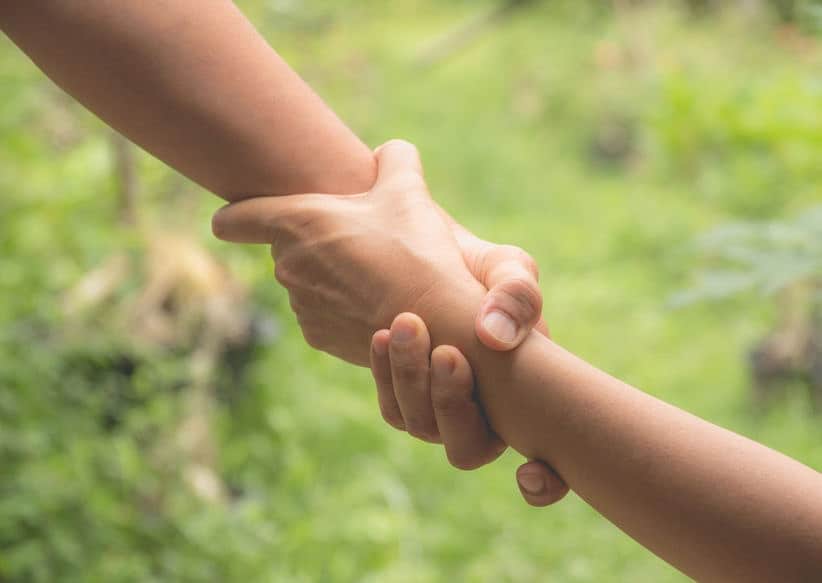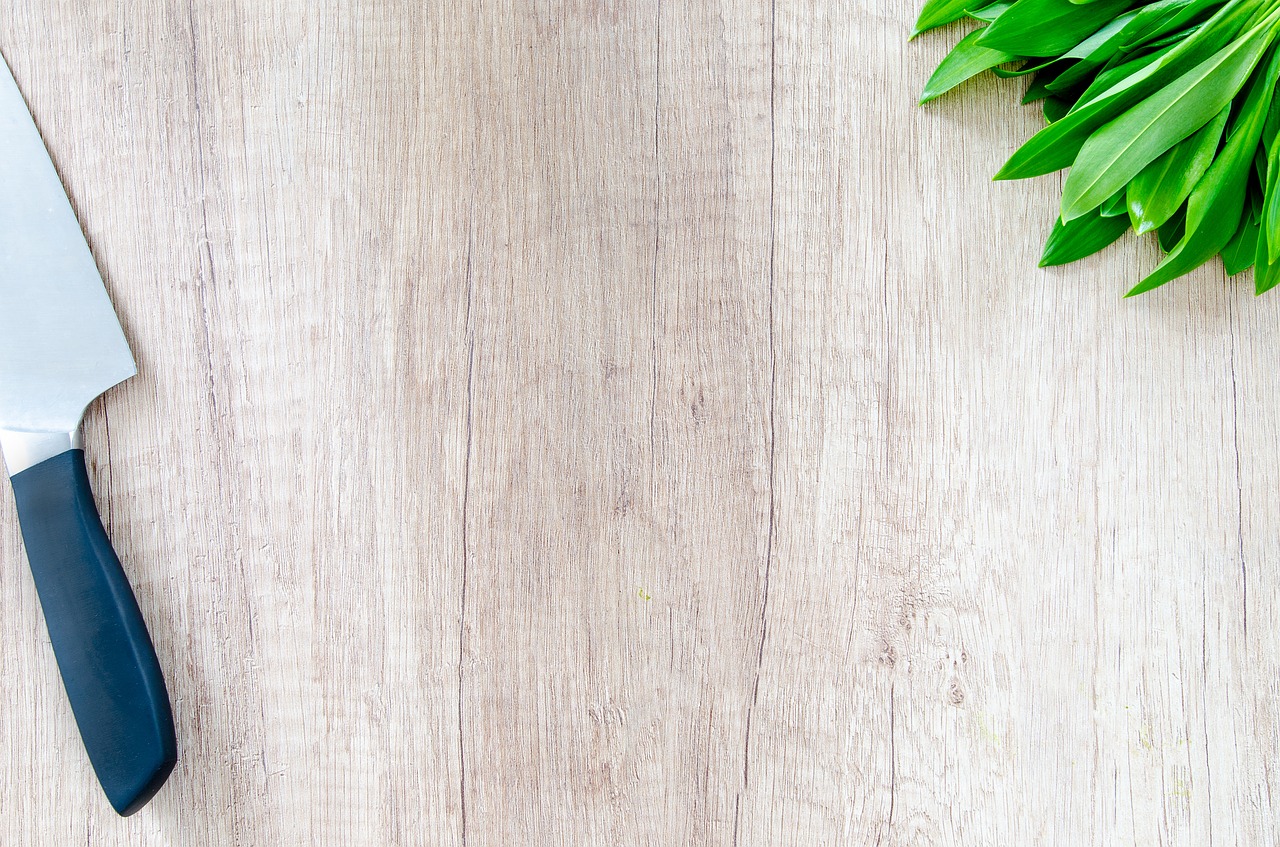If you’re feeling down and looking for something that would lift you up, doing a random act of kindness might just be what you need to feel better. It sounds weird but it’s true. And we’re sure you’re familiar with the fuzzy feeling associated with doing something nice. Indeed, being kind to others can make a person happier and people can’t explain why or how. However, a group of scientists from Chinese universities put their efforts together to study the science behind the altruistic kindness of humans.
The researchers conducted a series of tests measuring the direct and indirect effects of altruistic behaviors to humans. They focused on how kindness and charitable actions impact physical pain, especially when people help others at their own expense.
According to the Good News Network, the Chinese researchers found that “acting altruistically relieved not only acutely-induced physical pain among healthy adults, but also chronic pain among cancer patients.”
Since the beginning of time, humans have intrinsically made sacrifices for the well-being of others. Our ancestors would even go as far as risking their lives for the well-being of those who matter to them.
According to the research which was published in the Proceedings of the National Academy of Sciences (PNAS), acting altruistically for the benefit of others may significantly reduce unpleasant stimuli such as physical pain.
“The prevalence of altruism under life-threatening circumstances raises an important yet poorly understood question: what is happening within the individual at the time when he or she helps?” This was the question the scientists asked in the foreword of their paper.
In several previous theories, it was suggested that the result of altruistic behaviors is detrimental to the performer because they involve sacrifice of resources such as time, money, food etc. However, this new research tells us otherwise.
In all of the experiments conducted by the Chinese scientists, they have only observed one thing – engaging in altruistic behaviors can benefit the performer even if the particular act compelled them to sacrifice something on their end.
“Our research has revealed that in adverse situations, such as those that are physically threatening, acting altruistically can relieve unpleasant feelings such as physical pain in human performers of altruistic acts from both the behavioral and neural perspectives,” the conclusion reads.
“The finding that the incurrence of a personal cost to help others may buffer performers of altruistic acts from unpleasant conditions contributes to a more comprehensive understanding of human altruism.”
We all have varied reasons for extending a helping hand and being kind to others. We all have different intentions, different reasons. But one thing’s for sure, and it is further proven by this particular research – an altruistic act is beneficial not only to the receiver but the one who does the act itself. Doing good does you good and evidence has shown that kindness, in its truest sense, can go a long way.
For more positive news and inspiring stories, visit the Global Positive News Network.




